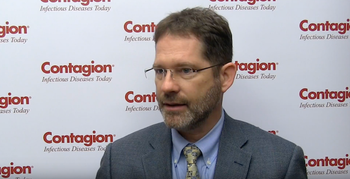
Daniel Diekema, MD, explains how clinicians can actively work to prevent pathogen spread in their health care facilities.

Daniel Diekema, MD, explains how clinicians can actively work to prevent pathogen spread in their health care facilities.
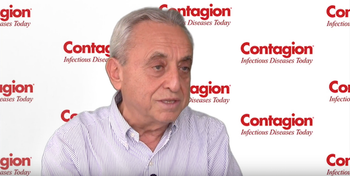
Pedro Cahn, MD, describes the risk associated with raltegravir HD.
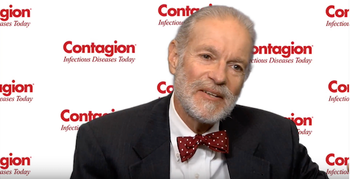
Leonard Sigal, MD, explains why Lyme disease is sometimes overdiagnosed or overtreated.
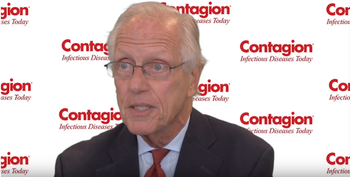
William Schaffner, MD, discusses efforts to develop a universal flu vaccine.
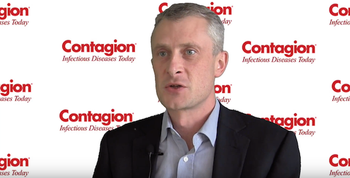
Dr. Richard Vickers, explains what makes ridinilazole unique.
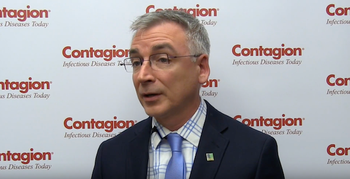
Michael Edmond, MD, MPH, MPA, stresses that a collaborative effort is needed to control C. difficile in hospitals.
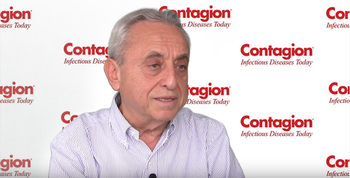
Pedro Cahn, MD, explains who the target population is for raltegravir HD.
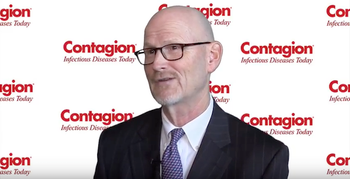
Richard Haupt, MD, MPH, discusses the process for developing a vaccine.
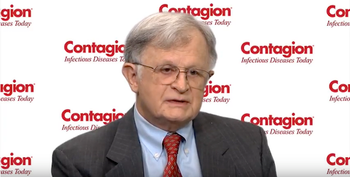
Robert Bransfield, MD, DLFAPA, explains how psychoneuroimmunology can work to bridge the gap between psychiatrists and infectious disease physicians to improve patient care.
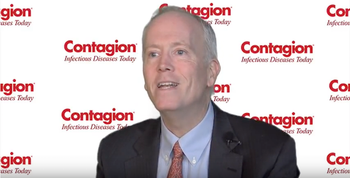
Edmond Hooker, MD, DrPH, explains how regulatory agencies are “turning a blind eye” to an important issue experienced in hospitals everywhere.
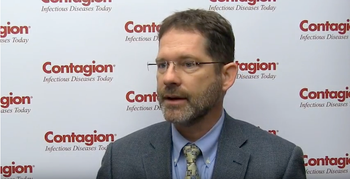
Daniel Diekema, MD, describes recent developments made in rapid and molecular diagnostic testing in the microbiology lab, and how these tests strengthen infection prevention efforts.
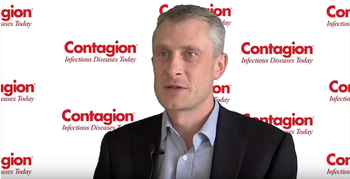
Dr. Richard Vickers explains how recurrent infection is an unmet medical need when it comes to C. difficile.
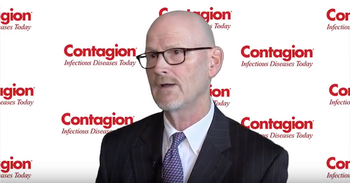
Richard Haupt, MD, MPH, discusses the different pharmaceutical companies’ efforts to develop a C. difficile vaccine.
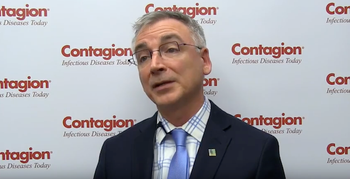
Michael Edmond, MD, MPH, MPA, explains who is in charge of leading infection control programs in hospitals.
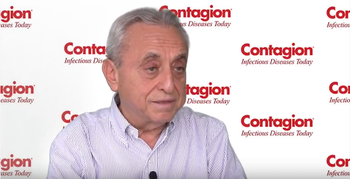
Pedro Cahn, MD, shares the results found after 96-weeks of follow-up for the onceMRK Phase 3 clinical trial.
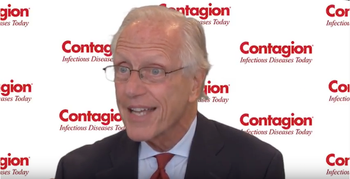
William Schaffner, MD, shares stories to motivate patients and health care providers to receive the flu vaccine.
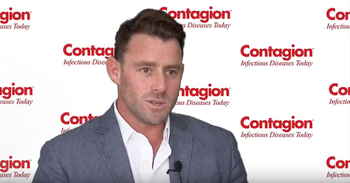
Jake Glaser describes how recent advances against HIV & AIDS have affected the philanthropic community.
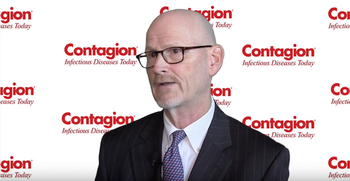
Richard Haupt, MD, MPH, explains how Pfizer is addressing the need for a C. difficile vaccine.
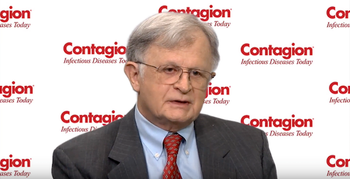
Robert Bransfield, MD, DLFAPA, discusses direct methods that can be used to acquire statistics related to suicides that are a result of Lyme and associated diseases.
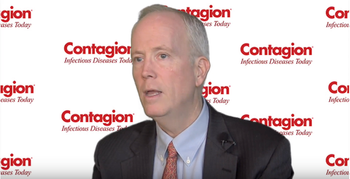
Edmond Hooker, MD, DrPH, discusses how many people have fallen ill or even died due to contaminated hospital mattresses.
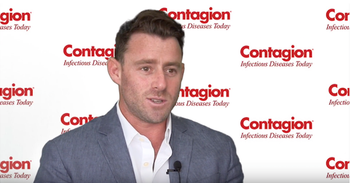
Jake Glaser explains the challenges faced when fundraising for AIDS programs in the 21st century.
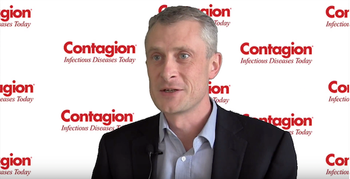
Dr. Richard Vickers explains how antibiotics to treat Clostridium difficile infection cause collateral damage to the gut microbiome.
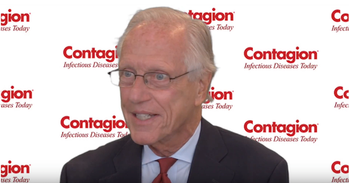
William Schaffner, MD, addresses common misconceptions regarding the influenza vaccine.
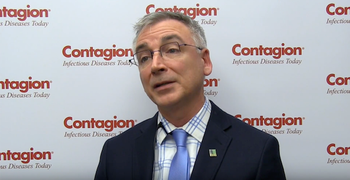
Michael Edmond, MD, MPH, MPA, explains how strategies are developed to address different threats in health care settings.
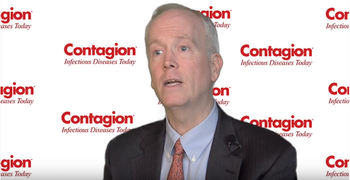
Edmond Hooker, MD, DrPH, discusses the reasons behind why hospital rooms are not being disinfected properly.
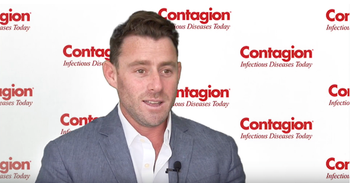
Jake Glaser shares who he feels is going to end the AIDS epidemic.
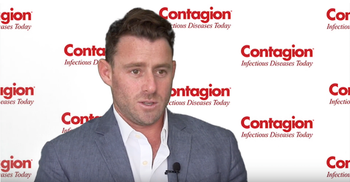
Jake Glaser shares what is needed to achieve the Fast-Track strategy to end the AIDS epidemic by 2030.
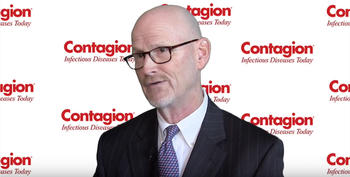
Richard Haupt, MD, MPH, explains how a vaccine can serve as a primary prevention modality against C. difficile.
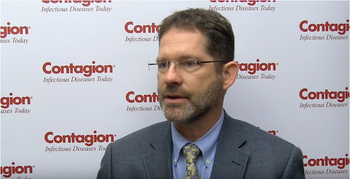
Daniel Diekema, MD, discusses the different roles that clinical laboratories play in outbreak response.